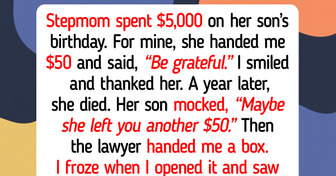Wonderfull!
10 Everyday Gestures That Are Polite in One Country and Rude in Another
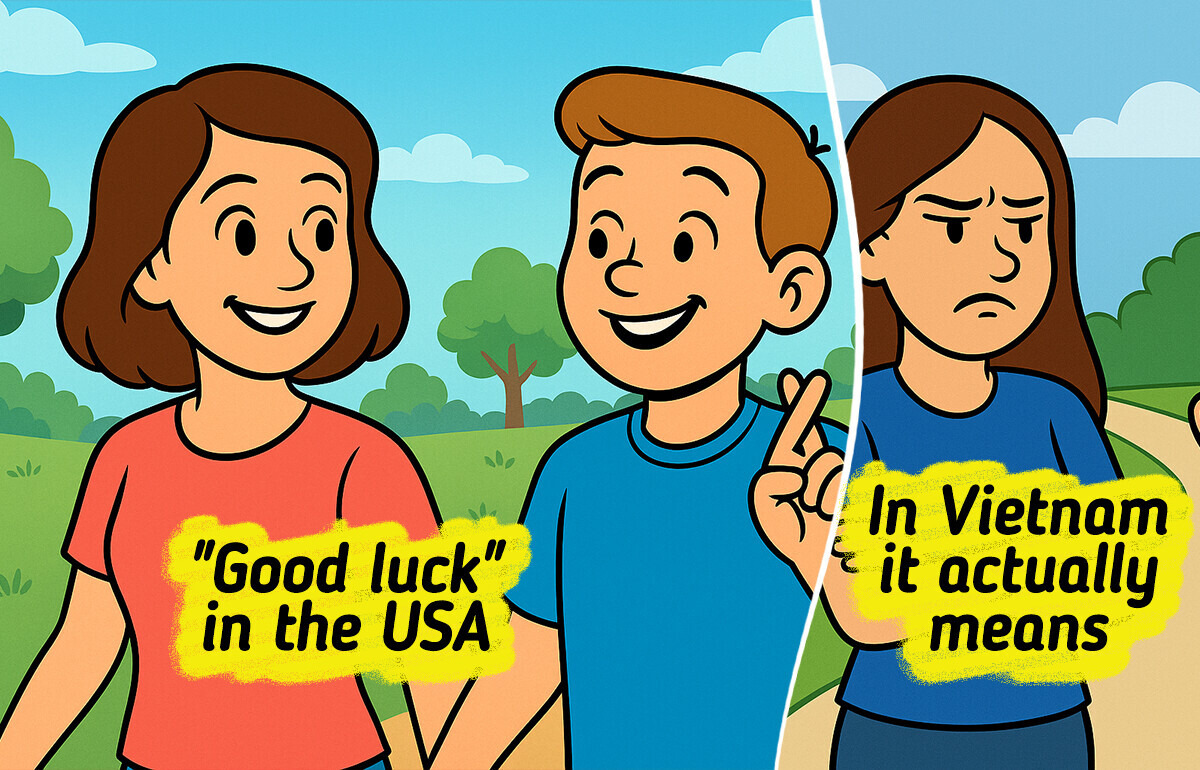
Have you ever flashed a friendly thumbs-up abroad, only to be met with a frown? Gestures may seem universal, but in reality, they can carry wildly different meanings depending on where you are. From hand signals to everyday body language, these small movements remind us that culture shapes not only our words, but also the way we communicate without speaking.
1. The “OK” sign.
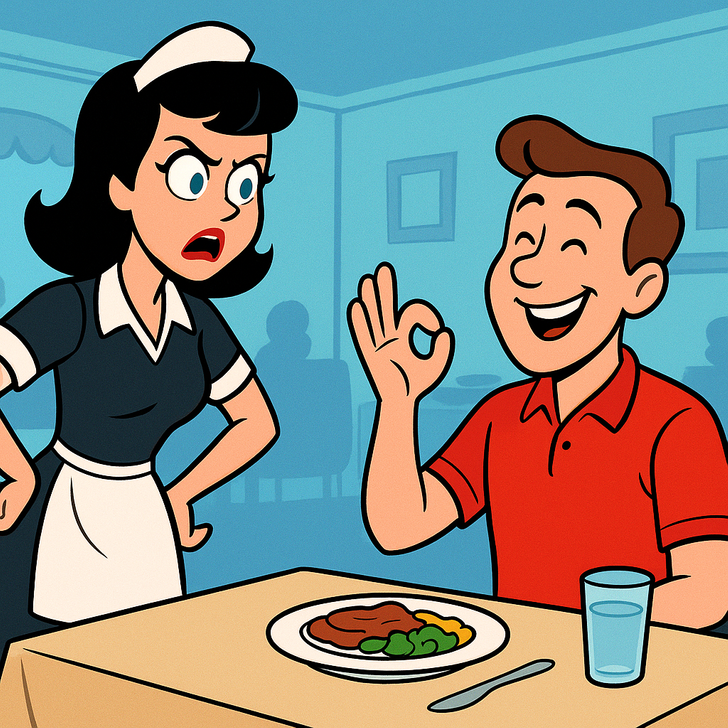
In the U.S., making a circle with your thumb and forefinger is one of the most positive things you can do: it says “all good,” “perfect,” or even “delicious” if you’re talking about food. But take that same gesture to Brazil, Turkey, or parts of Southern Europe, and suddenly you’re not congratulating anyone, you’re delivering a crude insult. In fact, in some places, it’s considered as strong as calling someone an offensive name.
2. Thumbs-up.

When kids learn to signal approval, the thumbs-up is usually the first thing they master. It’s friendly, it’s universal... Or so you’d think.
In much of the Middle East, as well as in Greece and parts of West Africa, this little gesture means the exact opposite: it’s an obscene insult that can make people genuinely angry. So, what feels like “great job” to you might sound like “up yours” to someone else.
3. The V-sign.

We’ve all seen photos of celebrities or peace activists flashing the V for victory sign, palm facing outward. It’s cheerful, light-hearted, and iconic.
But if you casually flip your hand around, so the palm faces inward while doing it in the UK, Ireland, or Australia, you’ve just delivered a classic insult. It’s the cultural equivalent of a middle finger and comes loaded with centuries of history. The difference? Just the direction your palm faces.
4. The “Fig.”
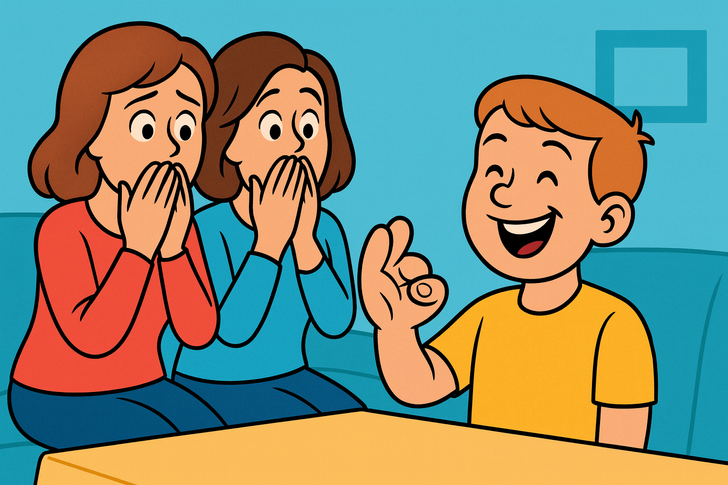
This one looks almost cartoonish: you close your fist and stick your thumb between your index and middle fingers. To someone who’s never seen it before, it might look like a silly hand game.
But in countries like Turkey and parts of Eastern Europe, the “fig” is anything but playful. It’s vulgar and guaranteed to offend. It’s such a big deal that even showing it as a joke can be enough to start a fight.
5. The “Moutza.”

Imagine you’re waving goodbye with an open palm, fingers spread, thrust forward. In Greece, that exact move, called the “moutza,” is considered one of the worst gestures you can make.
Historically, it was linked to punishments. Today, it still carries that sting of humiliation and disrespect. A harmless wave to you could look like a curse to someone else.
6. The forearm jerk.

If you’ve ever watched an old European film or cartoon, you might have seen this one: slap the inside of your bicep with one hand while raising that arm in a fist. Known as the “bras d’honneur,” it’s a powerful way to say “forget you” in France, Brazil, and parts of Southern Europe. While some people use it jokingly, its roots are insulting. Do it to the wrong person, and you might regret it.
7. The chin flick.

Picture brushing the back of your hand forward from under your chin, almost like you’re tossing away invisible crumbs. In Italy, Belgium, and parts of France, that little motion says more than words: it means “I don’t care” or “get lost.” It’s dismissive, sharp, and far from friendly. Outside those regions, people may not even recognize it, but inside them, it can cut like a knife.
8. The finger beckon.

In many Western countries, curling your index finger to signal “come here” is so normal you don’t even think twice. But in the Philippines and other parts of Asia, that same gesture is a serious breach of manners. There, it’s the way you’d summon a dog, not a person. Point it at someone, and you’re implying they’re less than human.
9. Using the left hand.
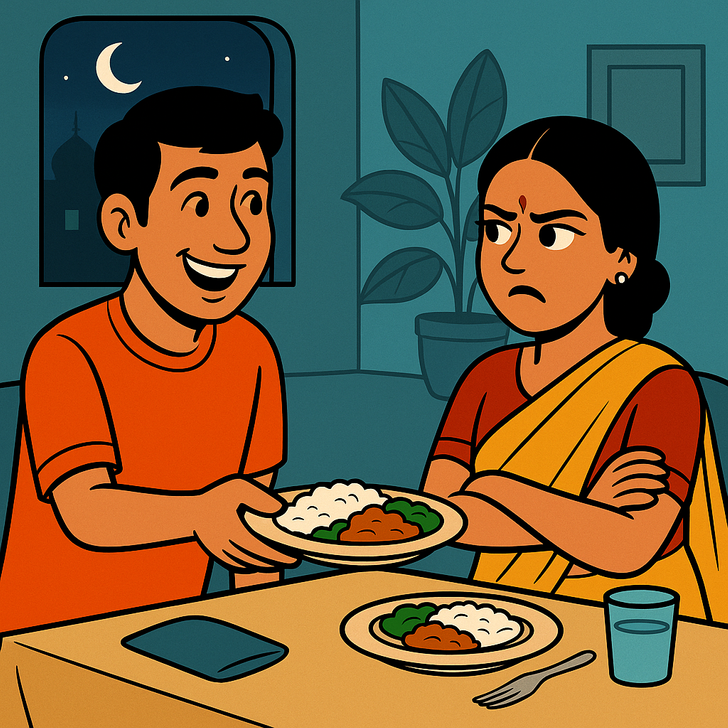
Most of us don’t think twice about which hand we use to eat, shake hands, or pass something to a friend. But in India, much of the Middle East, and parts of Africa, the left hand is considered unclean due to its traditional association with hygiene. Offering someone food or even a gift with your left hand can come across as disrespectful, even insulting. In cultures where hospitality is sacred, this small slip can leave a very bad impression.
10. Crossed fingers.
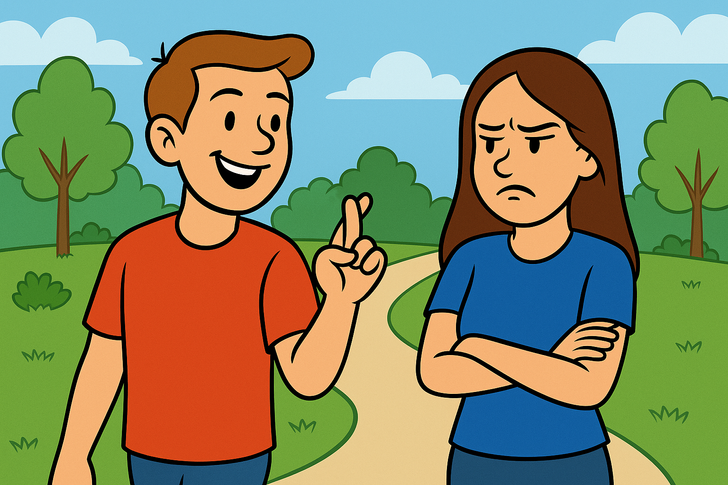
Crossing your fingers for luck is one of those gestures that feels universal. People do it before exams, job interviews, or even lottery tickets.
But in Vietnam, crossed fingers aren’t lucky at all: they’re obscene. Locally, they’re understood as a vulgar representation of female genitalia, making it one of the most offensive things you can do with your hands. What looks like a sweet superstition in one country can cause deep offense in another.
The way we move our hands, tilt our heads, or wave to someone can say much more than we realize. And if you love uncovering these surprising differences, you’ll enjoy exploring another collection we’ve put together that dives into the curious ways people express themselves across cultures.
Comments
That's curious!
Related Reads
9 Famous Sights and the Surprising Reality Hiding Just Outside the Frame

12 Crazy Little Details in Movies That Viewers Might Have Overlooked
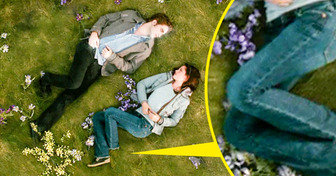
10 Dating Stories That Started Like Rom-Coms but Ended Like Horror Movies

My Sister Ruined My Child-Free Wedding—So I Served Her Cold Revenge
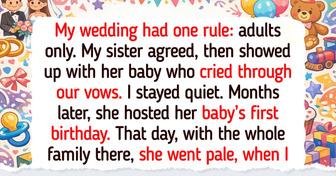
My MIL Ignored Our Rule and Bought My Son a Puppy, She Wasn’t Ready for My Surprise

12 Small Acts of Kindness That Quietly Changed Lives
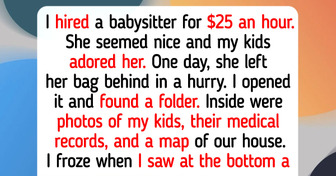
12 Times Kindness Ruled in the Office Like a Boss
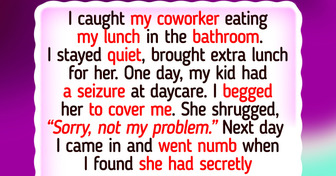
16 Tiny Acts From Strangers That Left Permanent Marks on People

15 Stories That Show Kindness Is a Quiet Language the World Needs
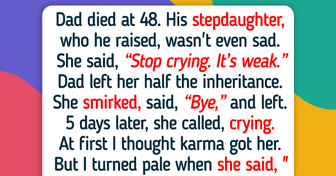
I Refused to Be Treated Like a Maid in My Own Home—So I Changed the Rules
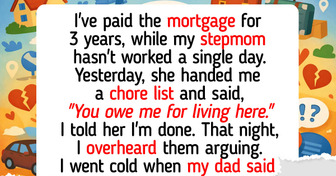
10 Hospital Workers Who Prove Kind Heart Is a Powerful Medicine

12 Stepparents Who Kept Showing Up Even When They Weren’t Wanted
